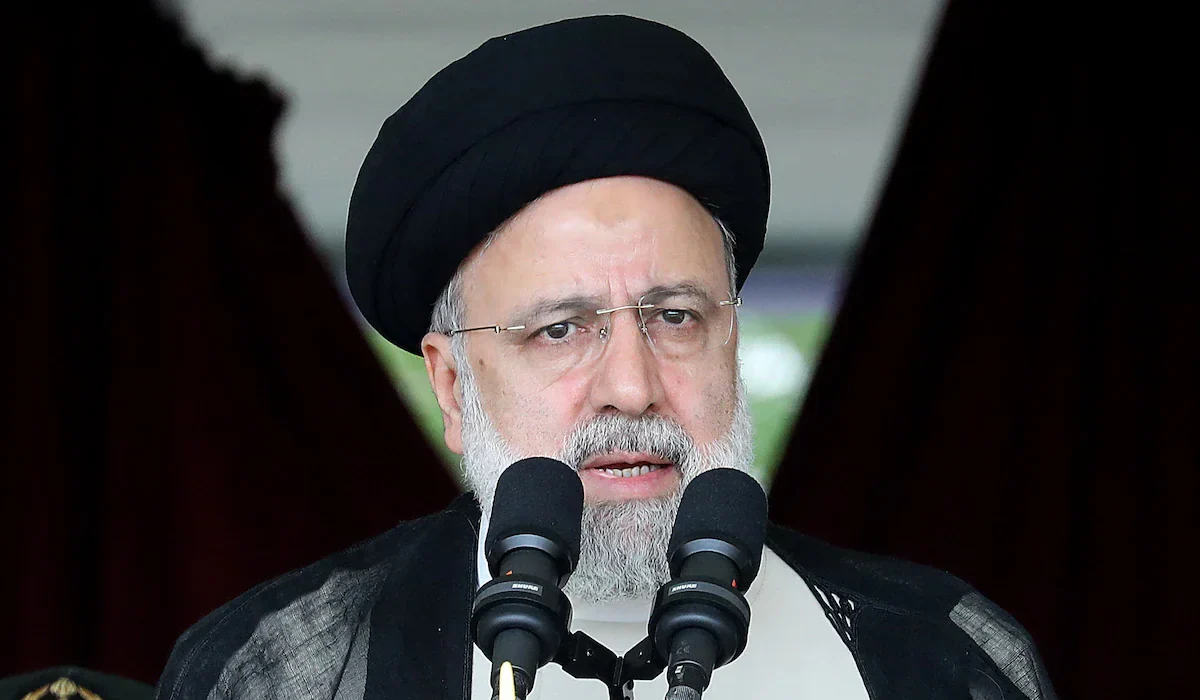Iranian President Ebrahim Raisi
Early Life and Education
Iranian President Ebrahim Raisi was born on December 14, 1960, in Mashhad, Iran, grew up in a clerical family in this significant religious city. He pursued his early religious education locally before moving to Qom, Iran’s premier center for Shi’a Islamic studies, at the age of 15. In Qom, Raisi studied under prominent clerics and became involved in the revolutionary activities that eventually led to the 1979 Iranian Revolution.
Iranian President Ebrahim Raisi Career in the Judiciary
Following the revolution, Raisi embarked on a career in Iran’s judicial system. He initially served in the prosecutor’s office in Masjed Soleyman, gradually rising through the ranks to hold significant positions in various jurisdictions including Karaj and Hamadan. By 1985, he had become the deputy prosecutor of Tehran. His career was notably marked by his role in the 1988 mass executions of political prisoners, an event that earned him international notoriety and the moniker “Butcher of Tehran”.
Raisi’s ascent continued as he served as Tehran’s prosecutor from 1989 to 1994, head of the General Inspection Organization from 1994 to 2004, and deputy chief justice from 2004 to 2014. In 2014, he was appointed as Iran’s Attorney General, a position he held until 2016.
Leadership of Astan Quds Razavi
In 2016, Supreme Leader Ali Khamenei appointed Raisi as the custodian of Astan Quds Razavi, one of Iran’s wealthiest and most influential charitable foundations. This position not only solidified his standing among Iran’s religious elite but also expanded his influence in economic and political spheres.
Presidential Ambitions and Election
Raisi first ran for president in 2017 but was defeated by the incumbent, Hassan Rouhani. However, he continued to build his political profile and was appointed as the Chief Justice of Iran in 2019. In this role, he launched anti-corruption campaigns and sought to position himself as a champion of judicial integrity.
In 2021, Raisi ran for president again and won with a significant majority, amidst allegations of a rigged election process and widespread disqualification of moderate candidates. His presidency began with a focus on addressing Iran’s economic challenges, exacerbated by US sanctions and the COVID-19 pandemic. Raisi’s administration emphasized resistance to foreign pressure while also advocating for regional diplomacy and constructive engagement with the international community.
Presidency and Policies
During his tenure, Raisi faced considerable domestic and international challenges. He maintained a hardline stance on many issues but also supported continuing negotiations to revive the Joint Comprehensive Plan of Action (JCPOA), commonly known as the Iran nuclear deal, aiming to alleviate the economic sanctions imposed on Iran.
Raisi’s administration saw significant internal unrest, including protests over economic conditions and social freedoms. Despite these challenges, he pledged to improve the economy, create jobs, and combat corruption, aligning his policies with the broader goals of Iran’s conservative establishment.
Iranian President Ebrahim Raisi Death and Legacy
Ebrahim Raisi’s career was abruptly cut short when he died in a helicopter crash on May 19, 2024. His death marked the end of a controversial and influential political figure in Iran. Raisi’s legacy is complex, characterized by his rigorous judicial career, his rise to political power, and his contentious presidency marked by hardline policies and efforts to navigate Iran through a period of significant turmoil.
For more detailed information on the biography of Iranian President Ebrahim Raisi, you can visit sources such as Britannica and Wikipedia.
Also Read This –
- Iran President Helicopter Crash: An Incident That Shook the Nation
- Kapil Sibal Elected President of Supreme Court Bar Association 2024
For more information like this stay connect with us on latestbite.com . Thanks for your precious time.

